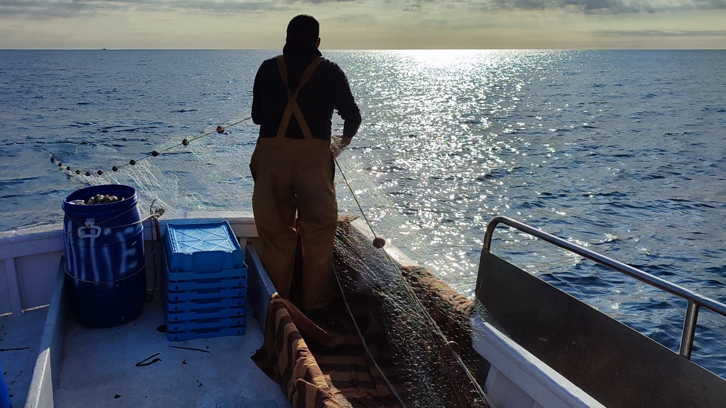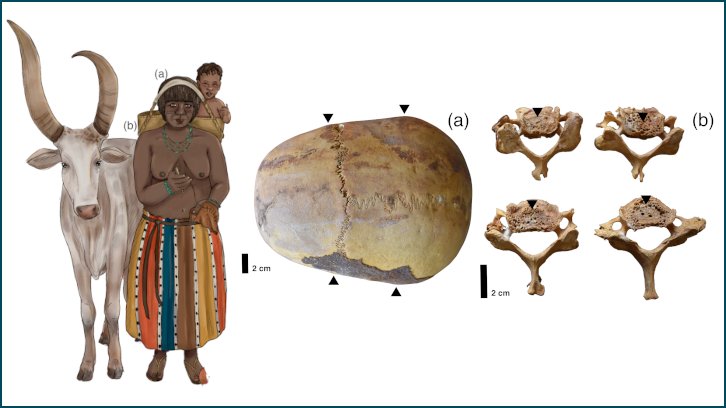The moral and ethical basis of marine socio-ecological values. The Costa Brava case

Associate Professor Sílvia Gomez, from the Department of Social and Cultural Anthropology of the UAB, has developed a conceptual framework based on the ethnographic material collected in her twenty years of fieldwork on artisanal and recreational fishing on the Costa Brava. It aims to respond to the issues raised by the new global roadmap for biodiversity conservation of the United Nations.
On December 18, 2022, the new global roadmap for biodiversity conservation (Cop-15) was approved at the United Nations headquarters in Montreal, Canada. This new document recognizes the contribution and rights of indigenous peoples and local communities to define a system of inclusive values that will help conserve biodiversity.
When we talk about values, one of the first difficulties is knowing how to define and identify them, mainly because they are intrinsically linked to social and cultural systems. In this context, questions arise: Are all values valid? What criteria can we use to identify them? How can we identify and integrate into environmental management ecological, socioeconomic, and cultural values that are equitable, fair, and ethically valid?
We have delved into these questions based on ethnographic material collected during more than a decade of fieldwork (2003, 2015, 2017 and 2018) on artisanal and recreational fishing in three marine areas of the Costa Brava (Cap de Creus Natural Park, Medes Islands marine protected area and Natura 2000 Network area). We have developed a conceptual framework based mainly on economic anthropology, environmental and legal anthropology, and the ethical and moral issues at stake when different values on access and use of marine goods coexist.
The study shows how market and non-market values paradoxically coexist in the socioecological relationships established through practices that interact with biodiversity. However, it is only sometimes possible to satisfy human needs by establishing economic, ecological, and socio-cultural bases sustainably. The study points to the principle of reciprocity, which in the case at hand, is understood as a sustainable socio-ecological feedback loop under ethical and moral principles that must be integrated into decision-making for management that recovers cultural knowledge about fisheries and marine biodiversity included in non-indigenous western societies.
Department of Social and Cultural Anthropology, Universitat Autònoma de Barcelona
References
Sílvia Gómez (2022) The Moral and Ethical Baseline of Marine Socio-Ecological Values: The Case of Recreational and Artisanal Fishing in NW Mediterranean Coastal Waters (Catalonia, Spain). Human Ecology 50, 895–910 (2022). https://doi.org/10.1007/s10745-022-00354-0


